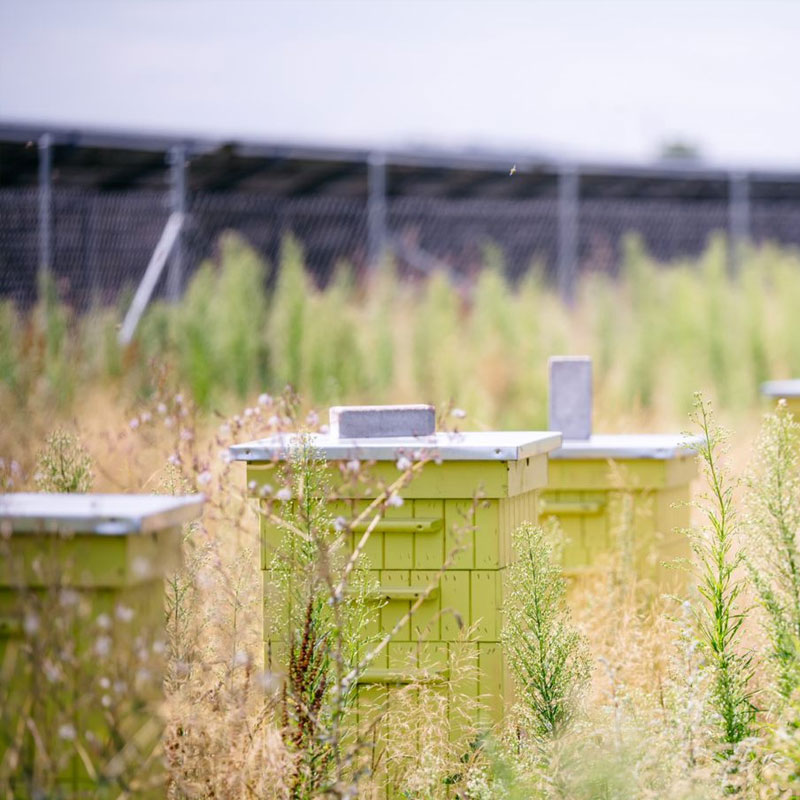In the daily grind, we rarely wonder how our lives would look like if there was no biological diversity. And yet the man’s welfare is strongly dependant on nature, whereas biological diversity is an indispensable element of the human health. The area of Sulechów I photovoltaic farm is an excellent venue to help animals on which our lives depend. We are hoping that similar activities will be implemented in other projects of this type in Poland, not only on the green investments of Polenergia. The development potential of large surface PV farms is huge. This is also a great opportunity to help bio-diversity and insects. This is what sustainable development is about

